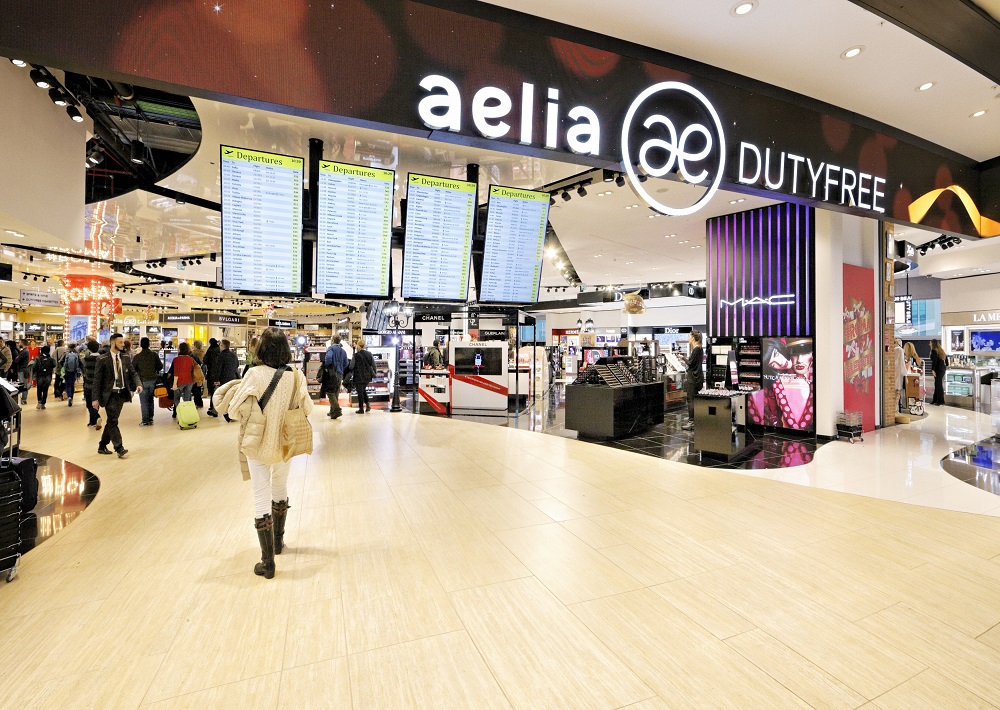
FRANCE. Lagardère Travel Retail Chairman & CEO Dag Rasmussen has said that the company is aiming to move to variable-only rents for the rest of the year, adding that most airport partners are open to adapting contract structures amid the COVID-19 crisis.
Speaking on an investors call after Lagardère Group revealed Q1 results (click here for details), Rasmussen said: “All rents should be variable this year and all our teams are working on this plan with each and every landlord. The idea is that Minimum Annual Guarantees (MAGs) are there to protect landlords against bad operators. It’s not supposed to be life insurance for whatever happens. It’s our position that MAGs cannot apply in this situation.
“We have had a good success rate so far; most airports are reasonable so we are optimistic. In our flow-through [plan] there is no fixed rent this year.”
The company has set up a working group to plan its reopenings, which Rasmussen said would be tougher operationally than implementing the shutdown.
“The rebound will be progressive, as will spend per passenger, so we will have to optimise opening hours. We are also negotiating reduced percentage rents for this [reopening] period for some platforms.”
He added: “We monitor closely which stores are open every day, every week. We monitor EBITDA by store daily and weekly to decide whether to open or close. We are renting from landlords so we are not the only decision makers. Sometimes they want us to open when it doesn’t make sense, other times we close when it is viable to be open.”

Rasmussen said that store openings to date in China had delivered a mixed performance picture.
“The restart varies region to region. At Kunming Airport we had a record week as it was less hit by COVID-19. Shanghai and Beijing are slower to take on. Wuhan, which was at the epicentre of the outbreak [and where the retailer recently reopened 88 units under its master concession -Ed] is down by over -90%.”
He added: “In luxury we stand now at -20% to -30% compared to our expectations, but half of sales are via CRM such as video streaming, TikTok, WeChat, which we do directly with consumers, so it’s not just in-store sales. In-store only represents half of remaining sales at the moment, and these are just 40% of what we would have expected.
“Food service is still down by around -80%. Food is [performing] worse than drinks, such as coffee or soft drinks.
“Traffic is slow to come back in China but even there, people are less likely to shop, and they run to the gates directly.”
He added that there are hopes that the border with Hong Kong might reopen soon but said, “with quarantine measures still in place we don’t except that to impact traffic significantly for the time being”.

Asked when the business might return to ‘normal’ levels, Rasmussen said: “We have no visibility on the future but I would not imagine that 2021 will be a normal year; that would be over-optimistic.”
He said that the speed and shape of the rebound would depend on four “unknowns”.
“First, you have the sanitary unknown. How much time will this disease last, how far will it go?
“Then you have the medical response, which is different country by country. In international travel, point to point, you must have something similar in place at both points.
“There is also the macro-economic response. What will states do to support the industry? If there is no state support most airlines will go bankrupt. To what extent will we see interventions on staff, furloughing, unpaid leave?
“Then there is the micro-economic reaction: purchasing power, probably more unemployment, and then on top the fear of travel.
“The scenarios can go from gloomy ‘post-war’ to a new 21st century ‘roaring ‘20s’ so the scope of possibilities is huge. The compounding of unknowns is really huge.”
At the Q1 investors’ conference, Lagardère Group Managing Partner Arnaud Lagardère said he was confident about travel retail’s ability to bounce back in time. “We have been through other crises. We remember 9/11, SARS, the global financial crisis, but I continue to believe strongly that travel retail has huge growth potential for the years to come.”












